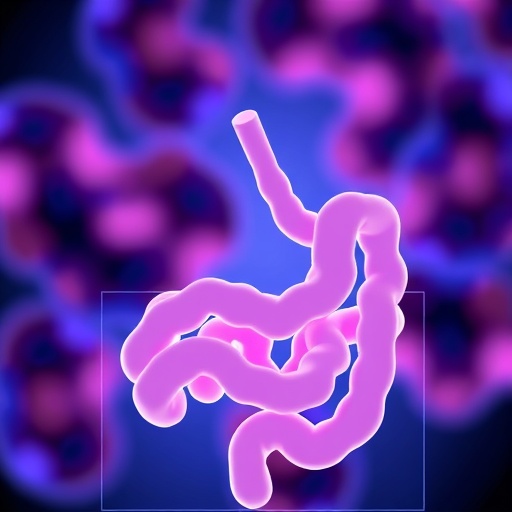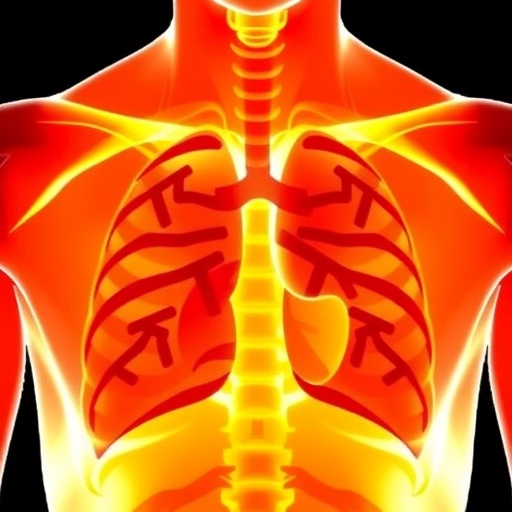Many pain-sensing nerves in the body are thought to respond to all types of 'painful events', but new UCL research in mice reveals that in fact most are specialised to respond to specific types such as heat, cold or mechanical pain.
The study, published in Science Advances and funded by Wellcome and Arthritis Research UK, found that over 85% of pain-sensing neurons in whole organisms are sensitive to one specific type of painful stimulus. It was previously thought that most pain-sensing neurons were very similar, so the new finding could enable scientists to develop new specific painkillers for different pain conditions.
Previous research using electrodes to monitor pain-sensing neurons had suggested that they respond to all types of pain, but the new study suggests that this recording technique may have altered the neuron's properties.
"While the majority of neurons are specific to one type of pain, they can become universal pain sensors when the tissue is damaged," explains lead author Dr Edward Emery (UCL Wolfson Institute for Biomedical Research). "This may explain the discrepancies between our findings and those from other studies where more invasive approaches have been used."
The team used a form of fluorescent activity-dependent imaging, where pain-sensing neurons in mice were genetically marked to emit a fluorescent glow when activated. The mice were briefly exposed to either a small pinch, cold water or hot water stimulus on one of their paws to see which neurons were activated. The results showed that over 85% of pain-sensing neurons were specific to one type of pain and did not react to others.
"Our next step is to look at animal models for specific chronic pain conditions to see which neurons cells are activated," says senior author Professor John Wood (UCL Wolfson Institute for Biomedical Research). "We hope to identify the different neurons through which chronic pain can develop, so that focussed treatments can be developed. We use 'chronic pain' to describe all sorts of pain conditions with different causes, but we now need to differentiate them so that we can develop new specific treatments."
###
Media Contact
Harry Dayantis
[email protected]
44-203-108-3844
@uclnews
http://www.ucl.ac.uk




